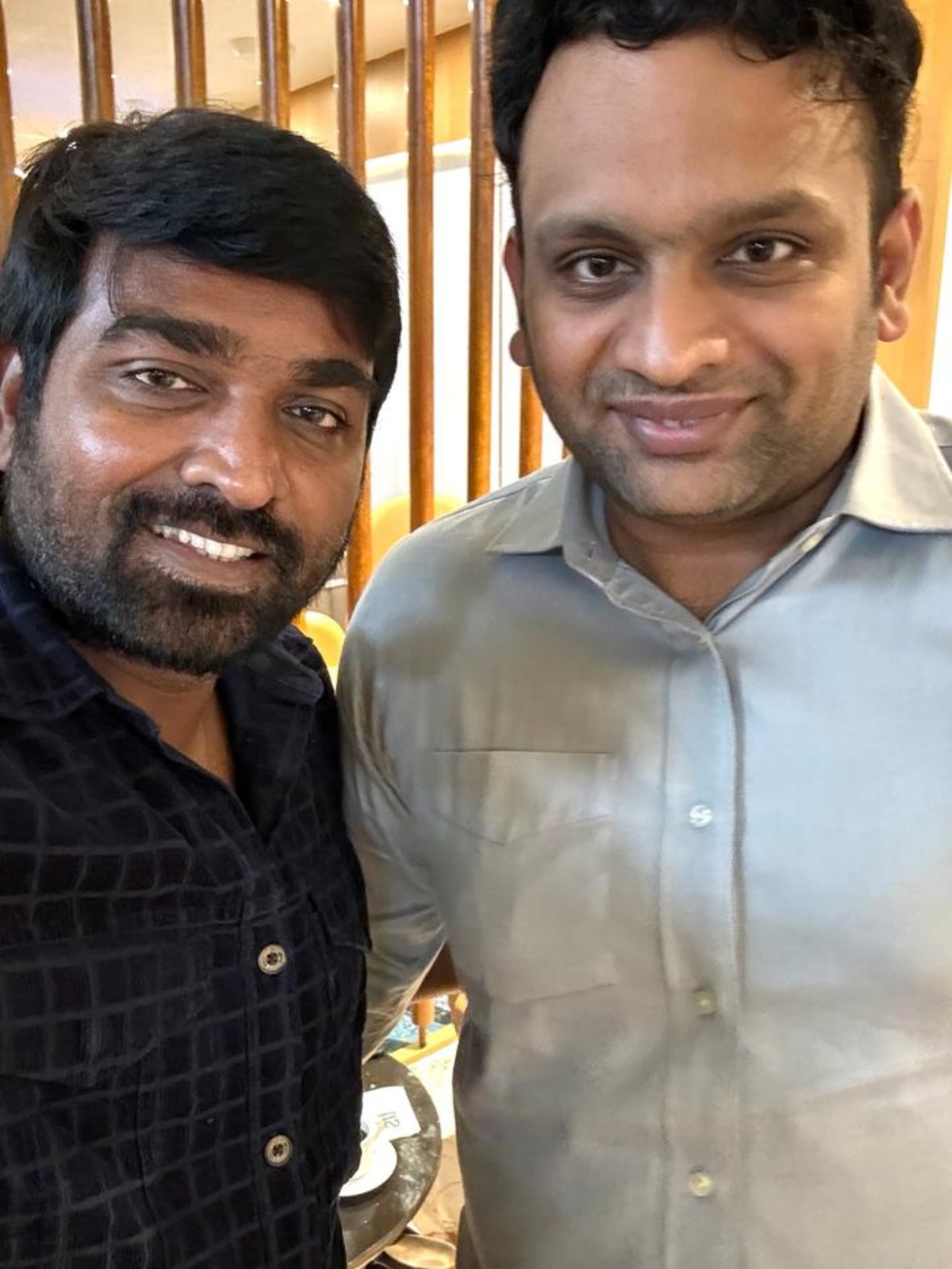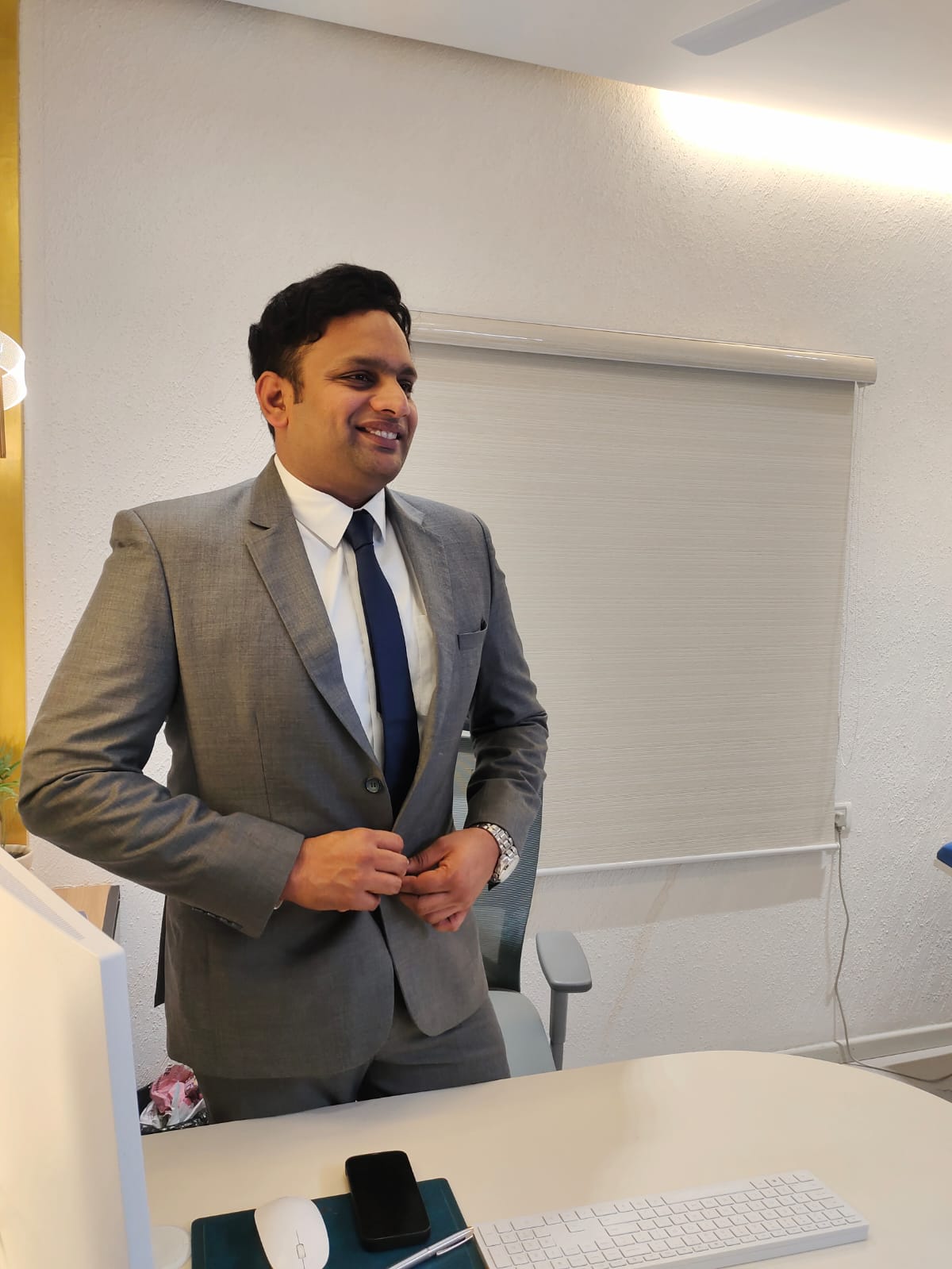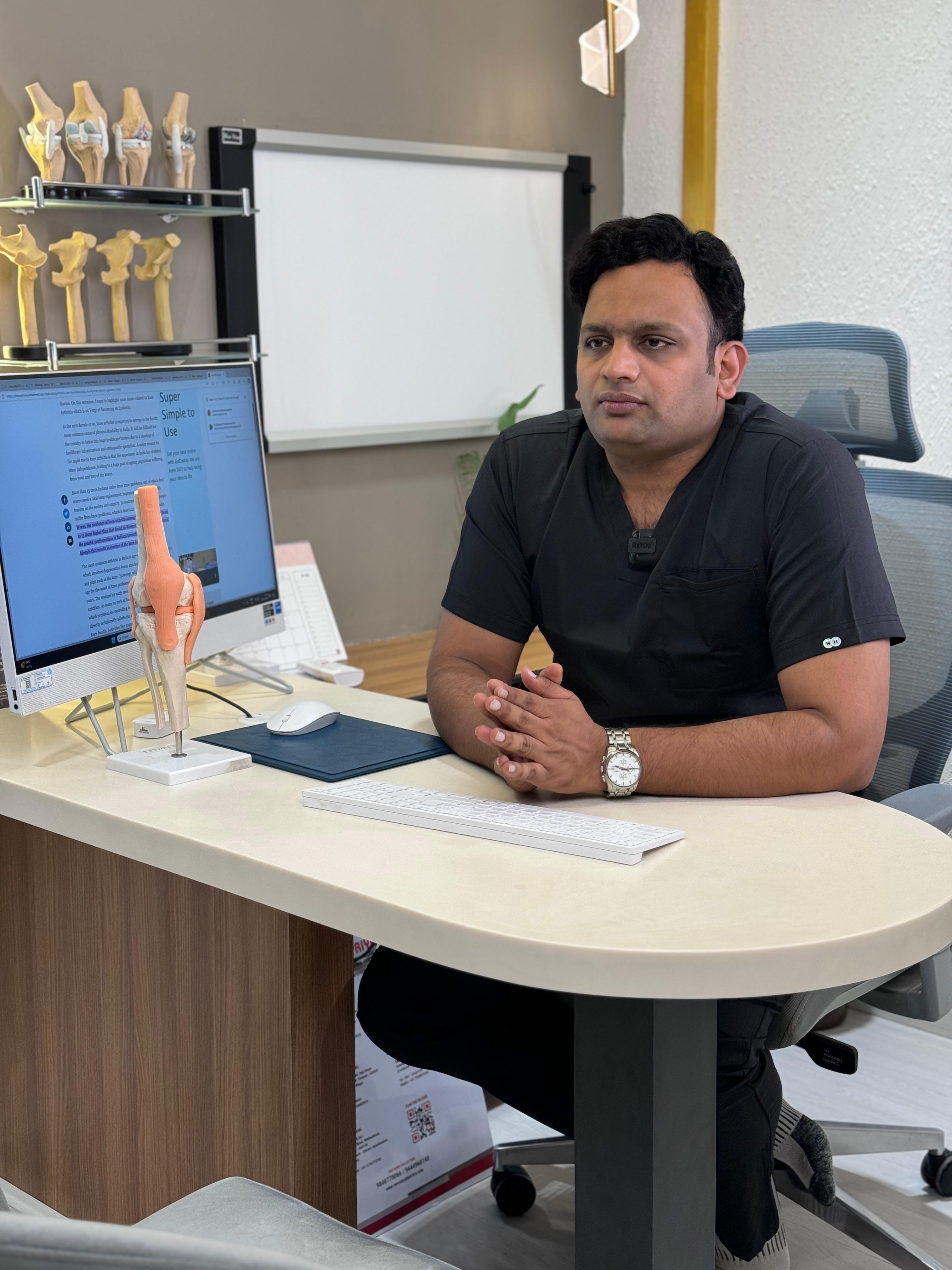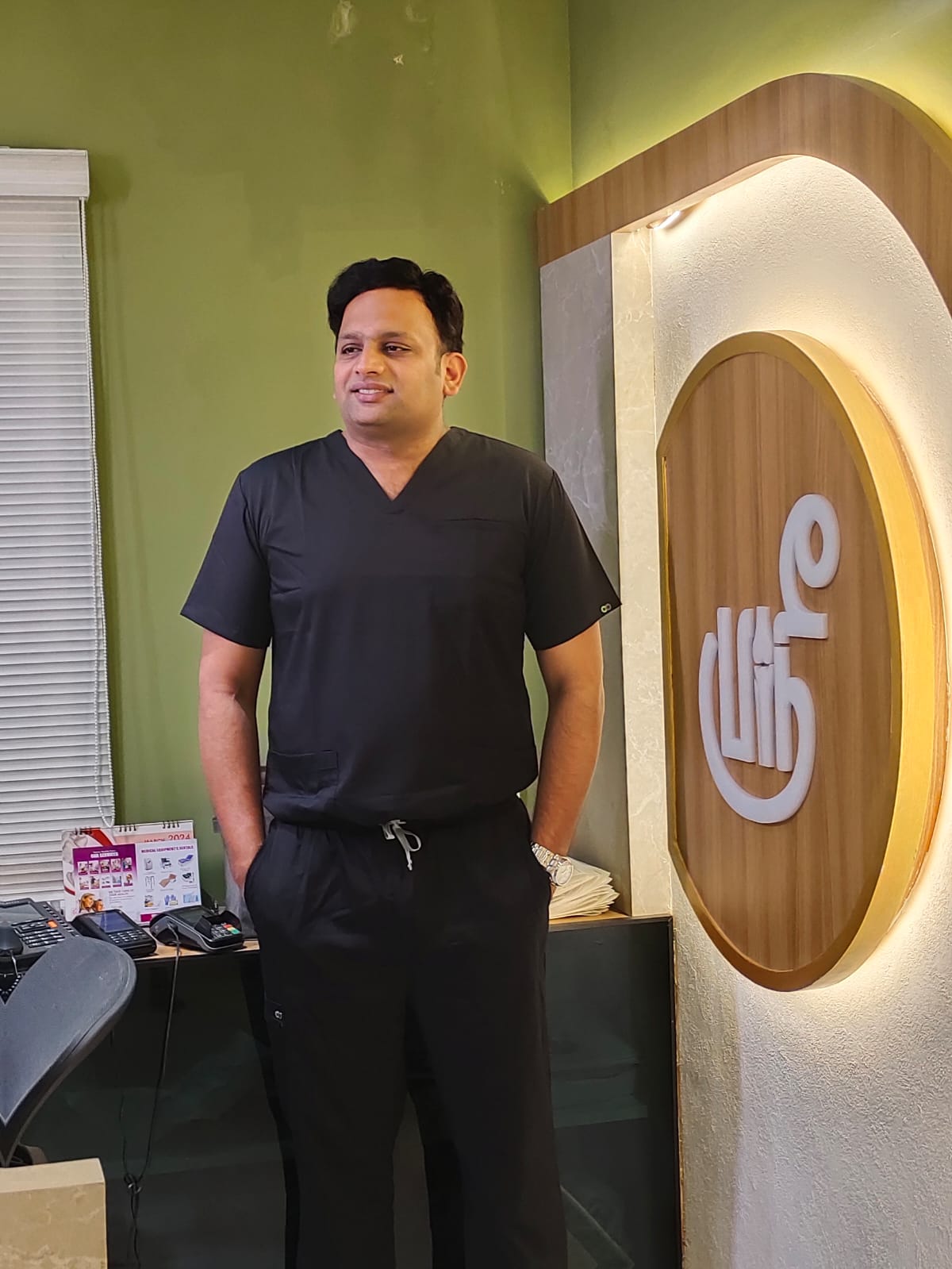Introduction to Plantar Fasciitis
Plantar Fasciitis is also known as Plantar heel pain. Plantar Fasciitis is a disorder of plantar Fascia. Plantar Fascia is nothing but a connectivity of tissues, which is the arch of the foot.
Plantar Fasciitis is a condition affecting the ligament insertion site of the bone, marked by small tears, collagen degradation and scaring. Due to the mirror or absence of inflammation, a review suggested renaming it plantar fasciosis.
Between 4 to 7% of populations experience heel pain at any given time, with approximately 80% of cases attributed to plantar fasciitis. Around 10% of individuals will develop this condition at some stage. Plantar fasciitis tends to become more prevalent as people age, although it is uncertain whether it affects one gender more than the other.
Diagnosis of Plantar Fasciitis
Diagnosis of Plantar Fasciitis typically involves a physical examination to assess the foot for tenderness, swelling or redness, along with evaluating the range of motion and the way the patient walks.
Imaging tests like X-rays or MRI scans may rule out other causes of heel pain and confirm the diagnosis. A thorough medical history, including information about the onset and duration of symptoms and any relevant activities or footwear, can also help diagnose plantar fasciitis.
Causes
The plantar Fascia acts as a shock absorber and provides support to the arch of the foot. When excessive pressure is placed on the Fascia, it can become strained and develop tears, leading to heel pain. The strain can occur due to repetitive overstretching or overuse, which can result in irritation or inflammation of the Fascia.
- Obesity
- Foot arch problems such as flat feet or high arches
- Activities such as long-distance running, ballet and dance aerobics
- Occupations that necessitate walking or standing on hard surfaces for an extended period
- Wearing thin-soled shoes or shoes with poor arch support
Symptoms
- It typically presents with the pain on the bottom of the heel, which may be sharp or dull.
- The pain is often most noticeable with the first steps in the morning or afternoon periods of rest, and it may improve with activity but worsen again after prolonged standing or walking.
- The heel may also tender to the touch.
- Some people with plantar fasciitis also experience stiffness or aching in the arch of the foot.
Preventive Measures
- Maintain Healthy Weight
- Wear supportive shoes
- Use orthotics inserts
- Stretch regularly
- Gradual increase in activity
- Warm-up before exercise
- Maintain good foot hygiene
- Avoid high-impact activities
- Listen to your body
- Maintain flexibility
Treatment Options
- Rest
- Ice
- Stretching Exercise
- Orthotic devices
- Night splints
- Physical therapy
- Nonsteroidal anti-inflammatory drugs
- Corticosteroid injections
- Extracorporeal shock wave therapy
- Surgery
Plasma Therapy in Plantar Fasciitis
How it works?
PRP therapy involves taking a small sample of your blood, typically from your arm, and processing it to concentrate the platelets. Platelets contain growth factors that are thought to promote healing. The concentrated platelet-rich plasma is then injected into the affected area, such as the plantar Fascia in the case of plantar fasciitis.
Potential Benefits
Proponents of PRP therapy suggest that the growth factors in the platelets can stimulate tissue repair and reduce inflammation, which may help improve symptoms of plantar fasciitis.
Effectiveness
The effectiveness of PRP therapy for plantar fasciitis is still being studied, and results from clinical trials have been mixed. Some studies have found it beneficial in reducing pain and improving function, while others have not found significant benefits compared to a placebo or other treatments.
Considerations
PRP therapy is generally considered safe, as it uses your body’s own blood components. However, as with any medical procedure, there are potential risks, such as infection, nerve damage, or increased pain at the injection site.
Cost and availability
PRP therapy is typically not covered by insurance for the treatment of plantar fasciitis, so the price can vary depending on the provider and location. It may not be available in all healthcare settings, so you may need to seek out a specialist who offers this treatment.
Consultation
If you’re considering PRP therapy for plantar fasciitis, it’s essential to consult with a healthcare professional who can evaluate your condition and discuss the potential benefits and risks of this treatment option. They can help you determine if PRP therapy is appropriate for you based on your individual circumstances.
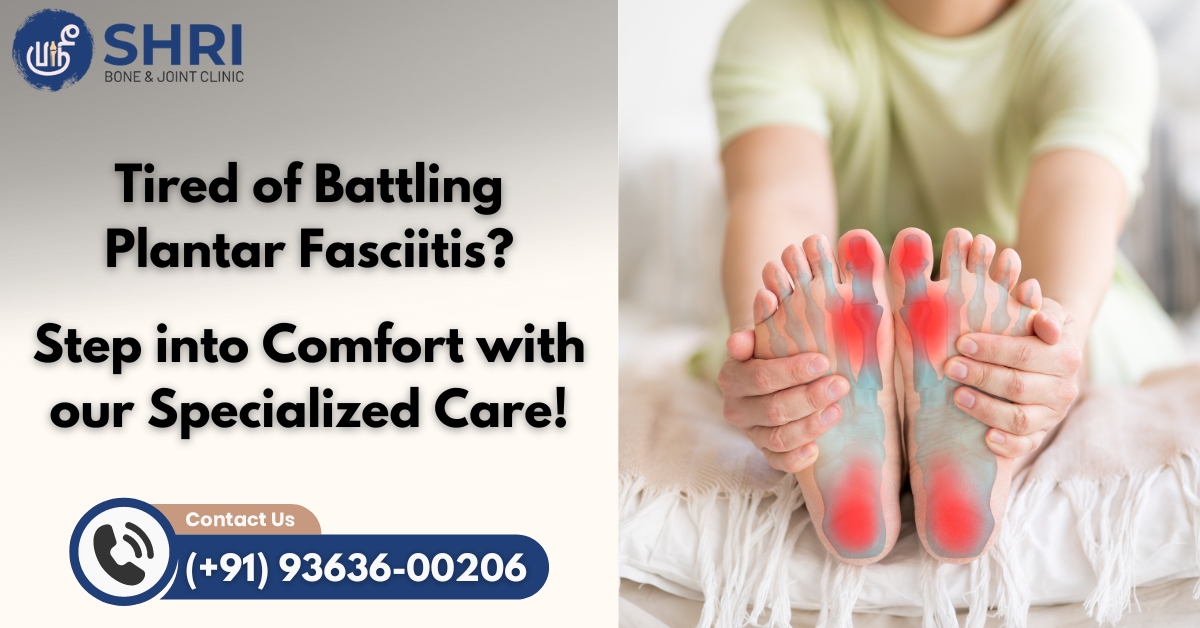
Cost of Plantar Fasciitis Treatment in Chennai, India
The cost of plantar fasciitis treatment in Chennai varies. A consultation ranges from Rs 500 to Rs 2000. Diagnostic tests like X-rays or ultrasounds may cost Rs 500 to Rs 3000. Custom orthotic inserts range from Rs 2000 to Rs 8000. Physical therapy sessions cost Rs 500 to Rs 2000 per session.
Why Choose Shri Bone & Joint Clinic for Plantar Fasciitis Treatment in Chennai, India?
Shri Bone & Joint Clinic provides the best and standard treatment for Plantar Fasciitis in Chennai at a nominal medical fee. We have well-experienced doctors with more than ten years of experience in the orthopedic field.
Here, we have accepted all kinds of emergency walk-ins. We have two branches in Chennai, one from Adyar and another one from Aminjikarai. You can check the doctor’s availability and book the appointment before visiting us. We are available for 24 hours.
Best Doctor / Specialist for Plantar Fasciitis Treatment in Chennai, India
Dr. Krishnamoorthy from Shri Bone & Joint Clinic is the best specialist for Plantar Fasciitis treatment in Chennai. He is a national board-certified orthopedist. He has more than ten years of experience in the orthopedic field. To get immediate relief for all knee-related problems, visit us.
Is plantar fasciitis a common condition?
Yes, plantar fasciitis is a common condition characterized by heel pain caused by inflammation of the plantar fascia tissue.
Can plantar fasciitis go away on its own without treatment?
Plantar fasciitis can improve on its own with rest, ice, and stretching, but severe cases may require medical intervention.
How long does it typically take to recover from plantar fasciitis?
Recovery from plantar fasciitis varies but may take several weeks to months with conservative treatments like rest and stretching.
What role do orthotic devices play in treating plantar fasciitis?
Orthotic devices can provide support, cushioning, and alignment, helping to alleviate pressure on the plantar Fascia and aid in healing.
Is surgery necessary for severe cases of plantar fasciitis?
Surgery for severe plantar fasciitis is rare and considered only after conservative treatments have failed to provide relief.
What is Extracorporeal Shockwave Therapy (ESWT), and how does it help treat plantar fasciitis?
Extracorporeal Shockwave Therapy (ESWT) uses shockwaves to stimulate healing in the plantar Fascia, reducing pain and promoting tissue repair.
How effective is Platelet-Rich Plasma (PRP) therapy in treating plantar fasciitis?
Platelet-rich plasma (PRP) therapy for plantar fasciitis has shown mixed results, with some studies suggesting improvement in symptoms and function.
Can obesity contribute to the development of plantar fasciitis?
Yes, obesity can contribute to plantar fasciitis due to increased pressure on the plantar fascia ligament.
Are there any complications associated with untreated plantar fasciitis?
Untreated plantar fasciitis can lead to chronic heel pain, foot deformities, gait changes, and reduced quality of life.
How can I find the best orthopedic specialist or podiatrist to treat plantar fasciitis in Chennai?
To find the best specialist for plantar fasciitis in Chennai, seek referrals, review credentials, and consider experience, expertise, and patient reviews.
Better Health Care is Our Mission
Phone
Shri Bone & Joint clinic
No.14/31, 3rd Avenue Indira Nagar, Adyar, Chennai-600020
Phone: 044 4505 5509



